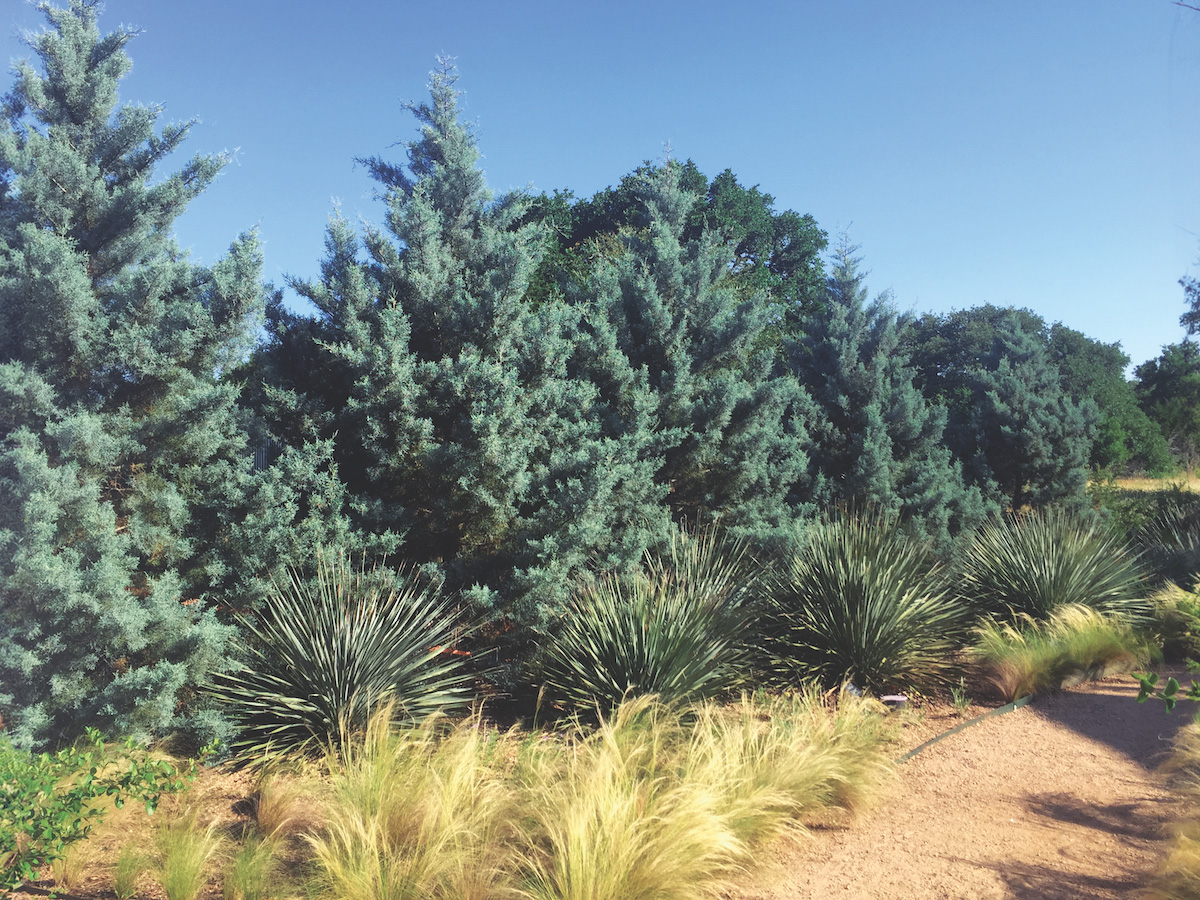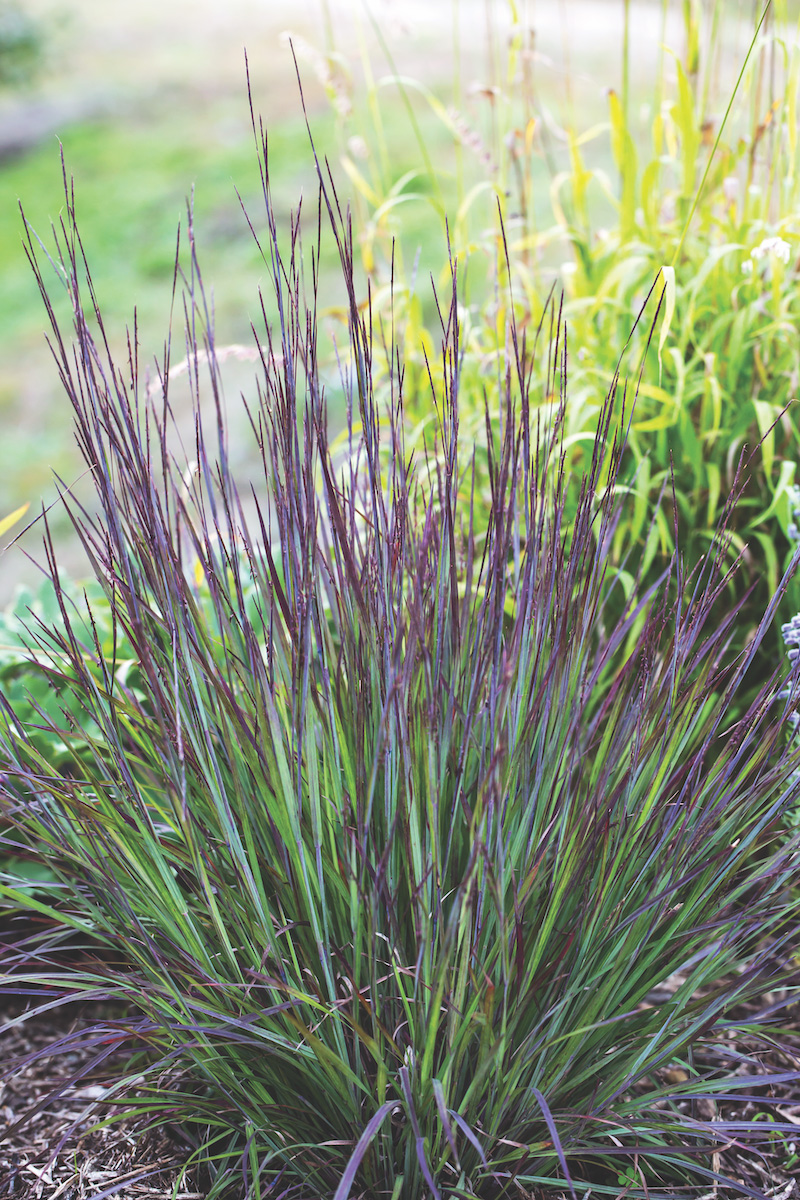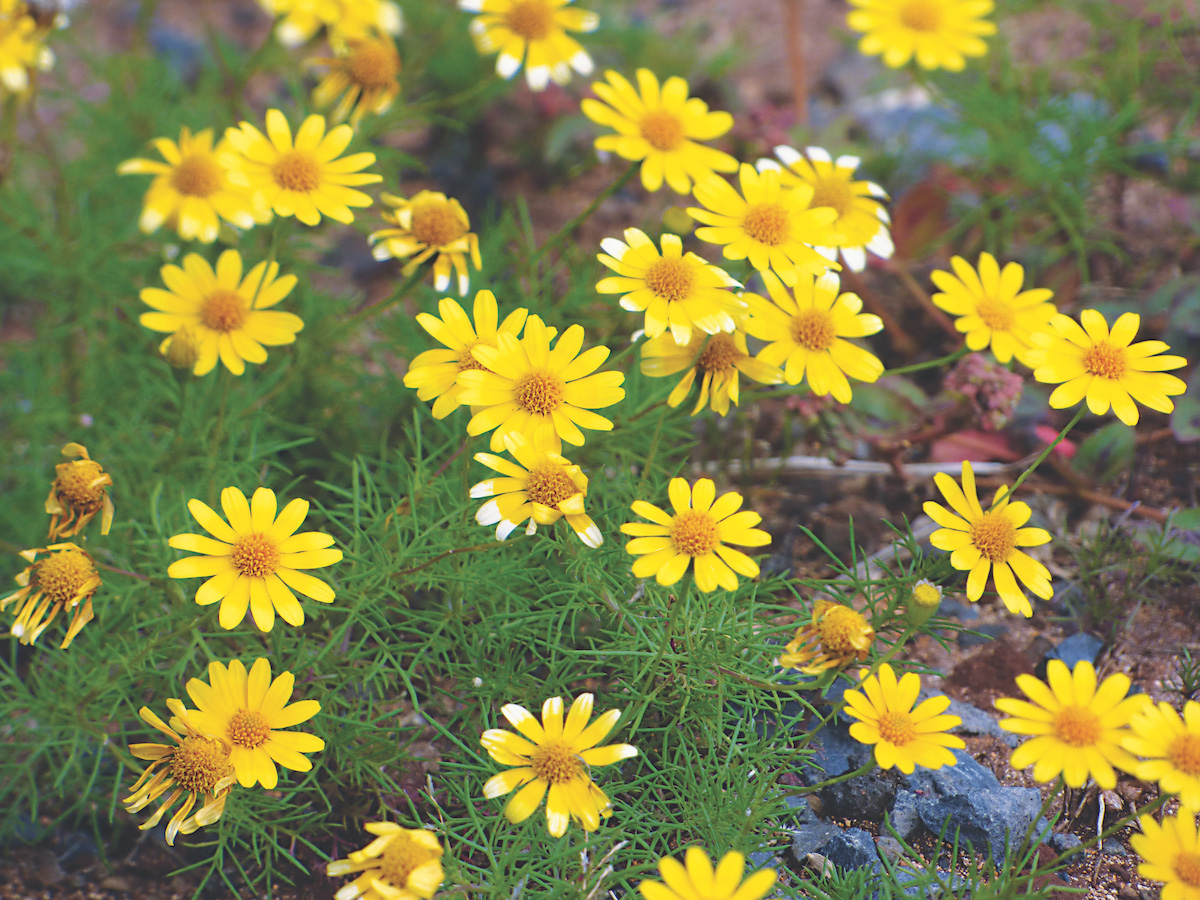‘Pink Preference’ autumn sage
Salvia greggii ‘Pink Preference’
Zones: 6–10
Size: 2 to 3 feet tall and wide
Conditions: Full sun to partial shade; dry, well-drained soil
Native range: Texas, northern Mexico
If you want the extended bloom time of an annual but the dependability and hardiness of a perennial, turn to ‘Pink Preference’ autumn sage. It begins blossoming in late spring and continues until winter. This plant is drought tolerant once established; however, a dry summer can slow down its flower production. The half-inch-long bilateral blooms are a vibrant pink, and they completely cover this subshrub with a peak display in fall, as the common name implies. The long bloom period further enhances this plant’s pollinator power, especially with hummingbirds, and yet it’s usually left untouched by deer. ‘Pink Preference’ is semi-evergreen and can be trimmed back to about 6 inches in winter to keep it dense and full. This plant is a great pick for a native garden, rock garden, pollinator garden, or perennial border.
Arizona cypress
Hesperocyparis arizonica
Zones: 7–11
Size: 30 to 60 feet tall and 15 to 20 feet wide
Conditions: Full sun; well-drained soil
Native range: Southwestern United States, northern Mexico
This native conifer is found growing in canyons and rocky slopes at high elevations. It will add an icy blue pop to your landscape throughout the year. Arizona cypress provides a lot of texture, from the overlapping scale-like foliage to the exfoliating bark that is often cinnamon in color. It has a natural pyramidal shape with dense growth that will look tidy in the landscape without being trimmed, lending to its often being grown as a Christmas tree. Its evergreen growth provides cover for wildlife throughout the season; it also makes a great screen or hedge to give you some privacy from neighbors. The cones remain on the tree throughout the year, emerging green in spring and maturing to a grayish brown. This super-tough native can take sandy and clay soil and is drought tolerant once established.
‘Smoke Signal’ little bluestem
Schizachyrium scoparium ‘Smoke Signal’
Zones: 3–9
Size: 3 to 4 feet tall and 1½ to 2 feet wide
Conditions: Full sun; well-drained soil
Native range: North America
Who says grasses can’t add color to a garden? This vibrant perennial proves them wrong. A wide-ranging native, little bluestem has proven it can handle extreme temperature swings and a range of soil conditions from sandy to clay, dry to moist, and acidic to alkaline. ‘Smoke Signal’ provides that same versatility with sturdy, deep green–blue stems that provide structure throughout the growing season. In late summer the foliage begins to turn a smoky purple. This bluestem is a clumping grass whose foliage provides cover and nesting for ground birds and whose seeds help feed songbirds. Whether you grow it individually as a strong, vertical accent or use several in a group, adding ‘Smoke Signal’ little bluestem is a great way to bring the prairie into your backyard.
Dahlberg daisy
Thymophylla tenuiloba
Zones: 9–10
Size: 6 to 12 inches tall and wide
Conditions: Full sun; dry to medium, well-drained soil
Native range: Texas, Mexico
If you have unforgiving shallow, rocky soil, Dahlberg daisy is the plant for you. This southwestern native has very thin leaves, making it drought tolerant and well suited for hot, dry conditions. While the southern sun can sometimes bleach vibrant color from a garden, the bright yellow flowers covering this fragrant mounding plant draw attention from pollinators throughout the sunniest times of the year. The dainty flowers are dime-sized but plentiful as they bloom from summer to fall. This plant technically can be a short-lived perennial in Zones 9 and 10 but is typically used as an annual. It will self-sow when it finds the perfect spot. New seedlings may sprout between cracks in rocks or along gravel paths.
Back to Natives for Summer Interest Collection
Casey Hentges is an associate extension specialist of horticulture and landscape architecture for Oklahoma State University in Stillwater and hosts the television show Oklahoma Gardening.



